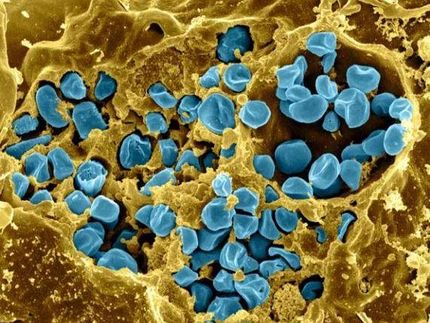Cornell announces Fleming research fellow: Researcher will study roots of Legionnaires' disease
Advertisement
Duane Hoch, a postdoctoral researcher at Cornell studying bacteria that cause Legionnaires' disease, has received the 2009 Sam and Nancy Fleming Research Fellowship from Cornell's Weill Institute for Cell and molecular biology. Hoch works in the laboratory of molecular medicine professor Ruth Collins.
Postdoctoral researchers at Cornell's Ithaca campus who have received a Ph.D. or M.D. within two years of the application deadline are eligible for the fellowship and must be nominated by their lab's principal investigator. The fellowship provides a stipend and research funding to train in research areas aligned with the Weill Institute's focus on answering fundamental questions in cell biology.
Hoch will use his fellowship to study the bacterium Legionella pneumophila, which causes 90 percent of cases of infectious Legionnaires' disease and may lead to flulike symptoms and pneumonia. L. pneumophila commonly lives inside freshwater amoeba and can get into people's lungs through water aerosols from air conditioners. In humans, the bacterium injects proteins into cells with a tiny molecular syringe, and then enters the cell in a capsule and takes control of cellular functions to enhance its own virulence and ability to infect other cells.
Hoch aims to determine the role of a specific, but little-known protein, believed to be an enzyme that protects the bacterium by modifying proteins in the host cell that would otherwise destroy it. In the last year, Hoch has already begun determining the 3-D structure of the bacterial protein, said Weill Institute Director Scott Emr.






















































